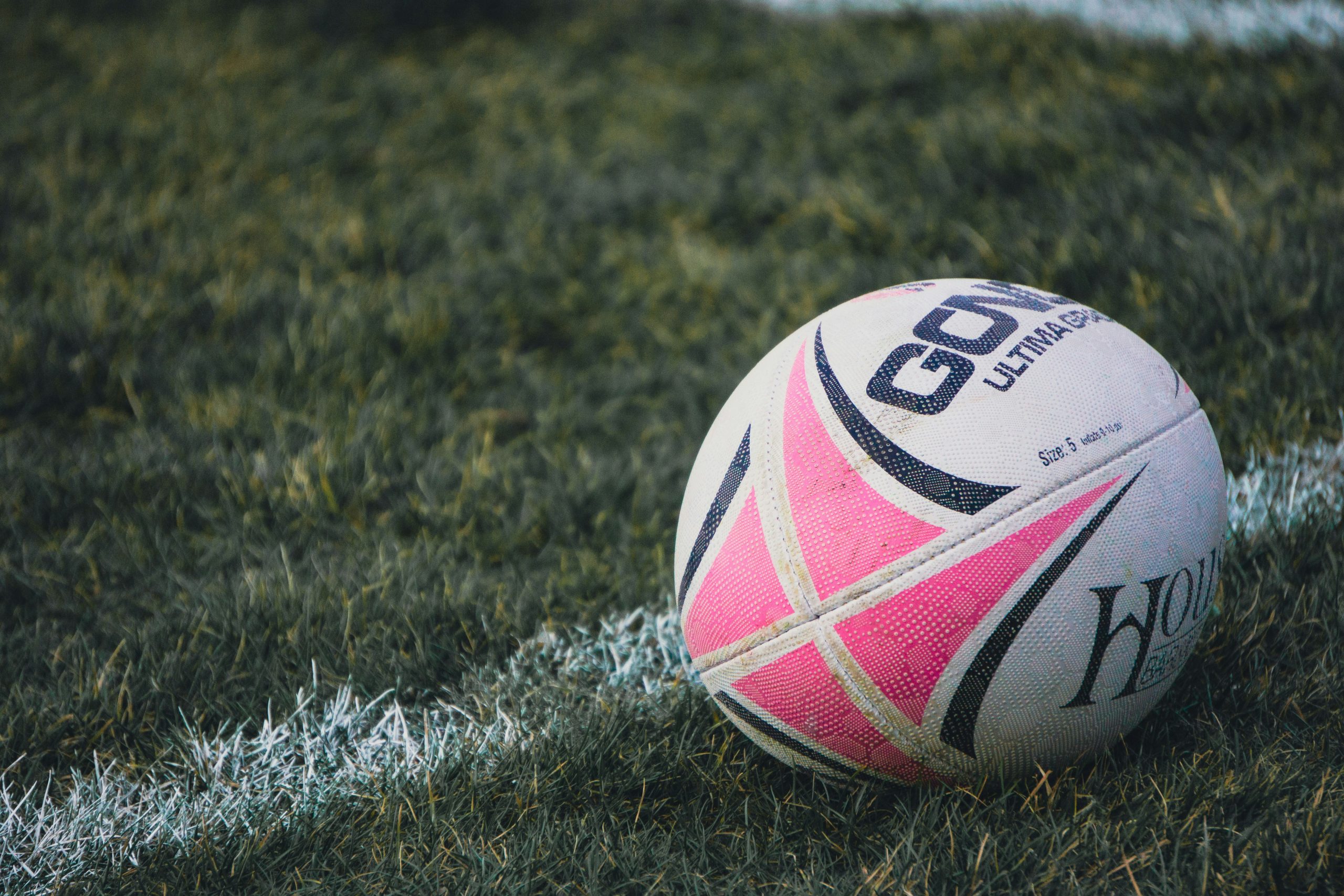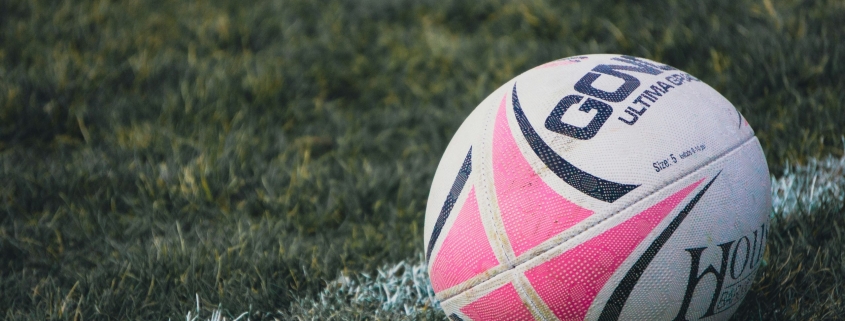Australia should attach no security strings to PNG NRL backing

If Australia’s offer to support a National Rugby League (NRL) team in Papua New Guinea is contingent on PNG promising not to host Chinese forces, as reported on Monday, then the Australian government has lost its way in sports diplomacy.
Australia is highly regarded in its sporting development and assistance in the Pacific region, undertaking activities that are traditionally considered soft diplomacy. But there is nothing soft about using sports diplomacy to directly obtain security guarantees, and doing so could hurt our reputation across the region.
Canberra and Port Moresby are approaching an agreement that would introduce PNG as the newest team in the NRL. Sporting groups and political leaders have been working on turning that dream into a reality for years.
The Australian Broadcasting Corporation reported on Monday that negotiations ‘include an assurance PNG will not sign a security deal that could allow Chinese police or military forces to be based in the Pacific nation.’
Australia has been clear that it sees no need for Chinese security forces in Pacific island countries. There is good reason for that. But the way to keep those forces out is not by attaching strings to large support packages in non-security sectors.
Setting ground rules and expectations around security assistance from partners like China is a great idea—if those measures are restricted to security initiatives. Examples are the recently announced Pacific Policing Initiative, the Pacific Response Group and such bilateral security agreements as the Australia-Tuvalu Falepili Union Treaty.
Sports partnerships and assistance should stay separate from those issues, otherwise well-meaning sports initiatives and Australia’s reputation will be tarnished.
Sports diplomacy has been a key part of Australia’s assistance to the Pacific for decades, and it has helped to build a positive image of Australia at a grassroots level. Sport-for-development initiatives can pair the learning of life skills with sport to promote positive behaviour and gender quality, combating violence against women, girls and boys. A team in the NRL would help to push those initiatives further. Those reasons alone are enough for Australia supporting a PNG NRL team.
But the Australian government may be feeling pressure domestically to get more from sports assistance. Previously its PNG rugby league plan has been criticised as using taxpayers’ money for a team that would create profits for the NRL while passing that off as a win against China.
But the proposed support averaging $60 million per year would be less than 10 percent of what Australia typically delivers per year to PNG in Overseas Development Assistance. That doesn’t include defence support or $2.56 billion provided in budget support loans since 2019. Really, the additional financial commitment is a drop in the Torres Strait that separates our two countries, and politicians need not worry about the Australian domestic response.
Instead, they should be worried about the foreign response. How do they think PNG fans will feel knowing every home game they attend is brought to them only on the condition that Australia can decide whom they can accept help from and where? How would fans react if a new PNG government increased ties with China, opening the door to Australia suspending the team or withdrawing its funding in retaliation? These actions would likely feed China’s usually untrue narrative of Australia being a bullying and paternalistic partner with no genuine interest in helping the Pacific.
The impact could also ripple through the region. Other Pacific island countries would be watching this move with interest, wondering when Australia’s next big offer of support, even in an area seemingly unrelated to security, would suddenly come with greater conditions.
This is not a great way to treat our Pacific family, and it gives China opportunities to expand its own sports diplomacy in the region by offering large stadiums or other assistance without the strings attached. In sporting terms, it could be an own goal for Australia in a contest it really should be dominating.
Trying to keep Chinese security forces out of the Pacific makes sense. Their approach to security enforcement and their values do not align with the region and could threaten stability. But Australia shouldn’t need to use an NRL team as leverage to guarantee our security. If we do need to, then we mustn’t be doing the rest of our diplomacy right.
Let sports diplomacy do what it does best—unite nations, improve lives and build social cohesion and lasting friendships. Find another avenue to ensure our security interests.


